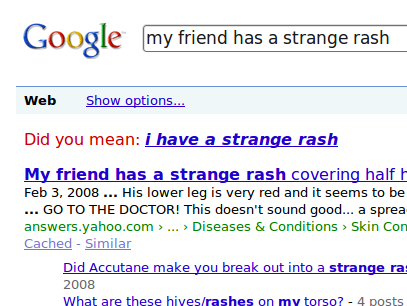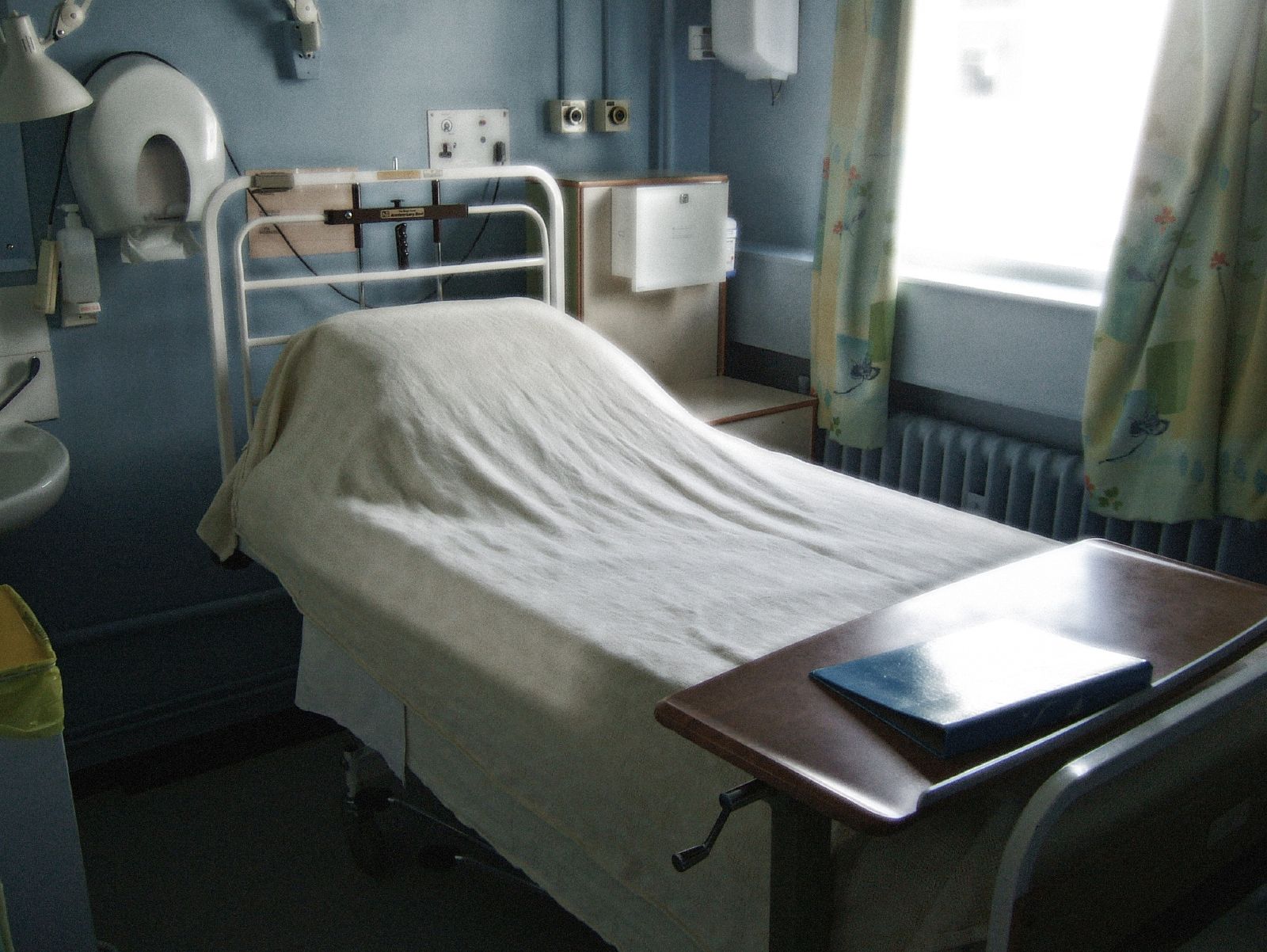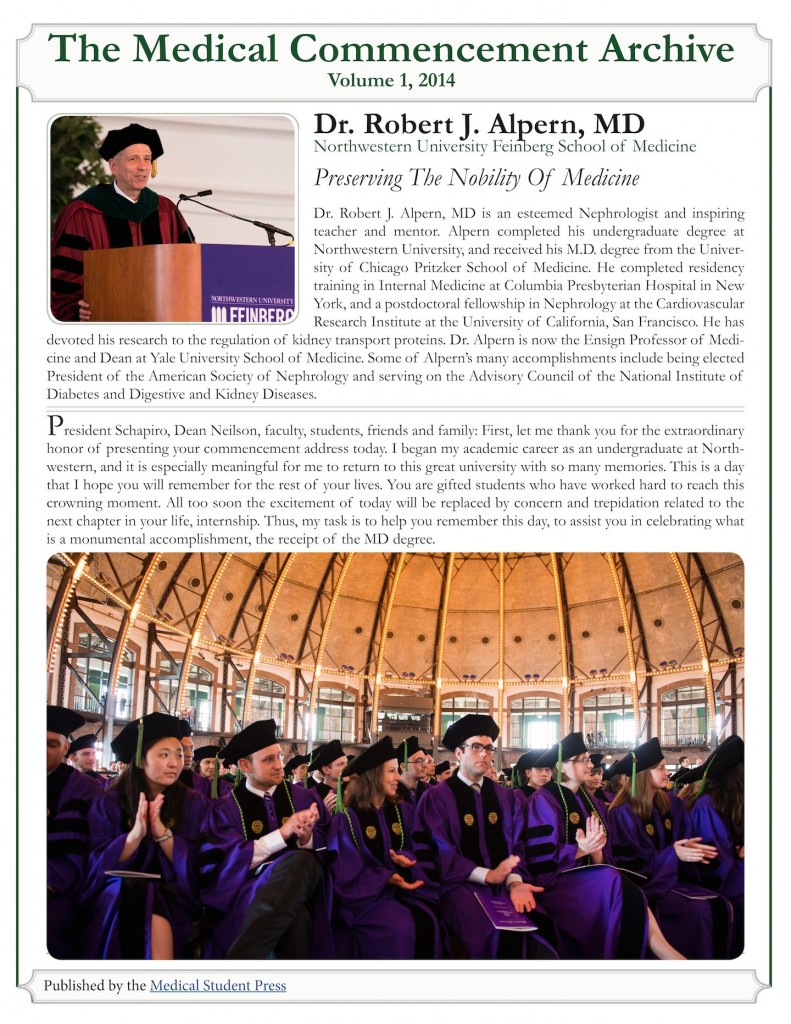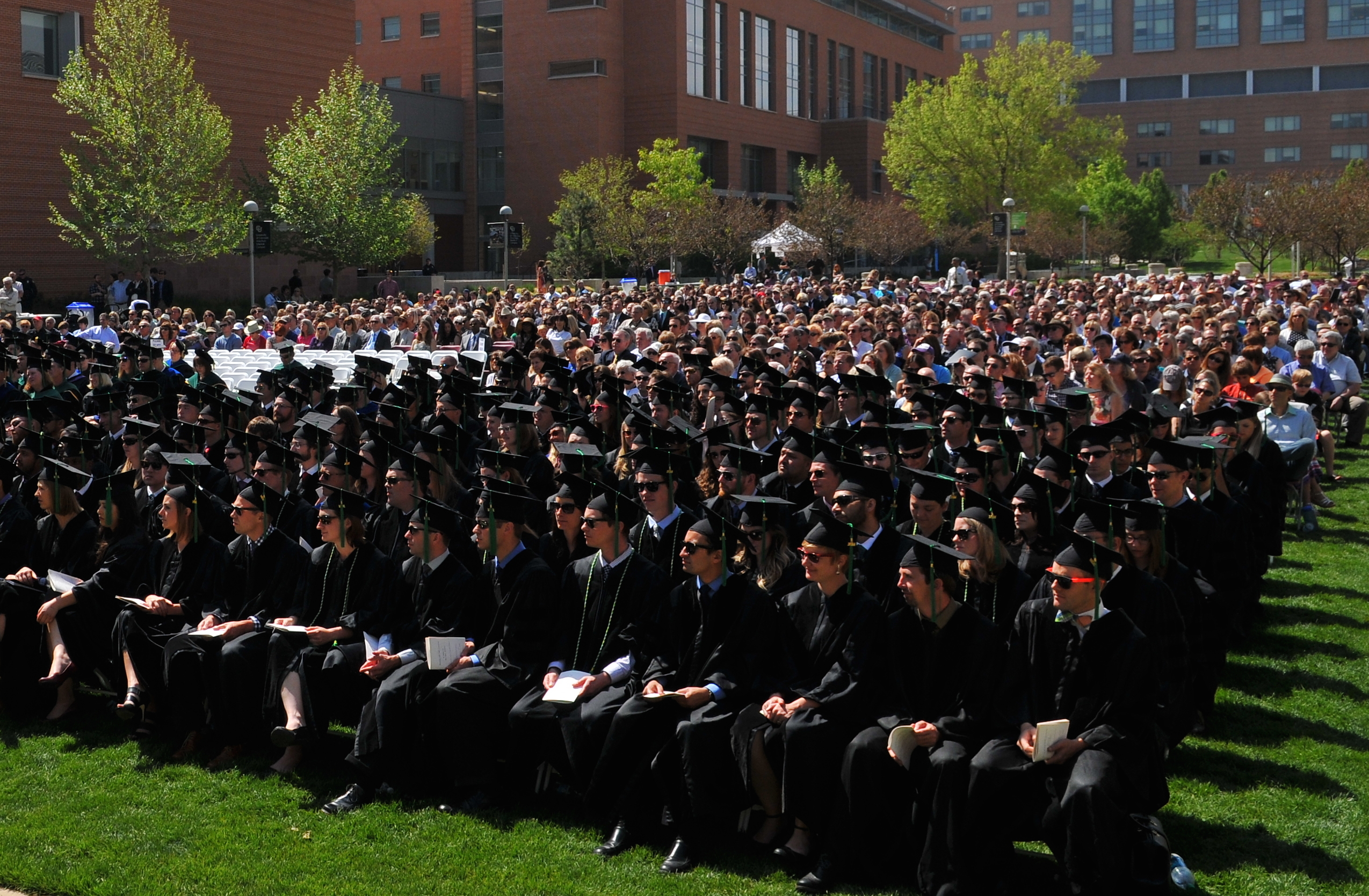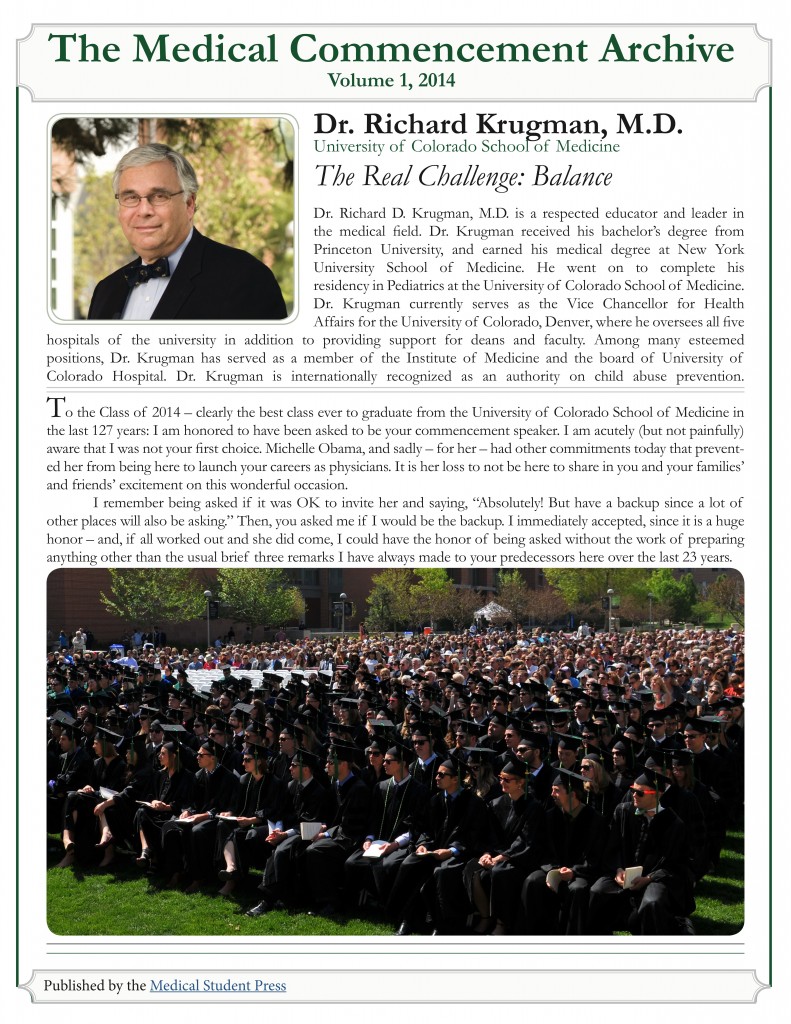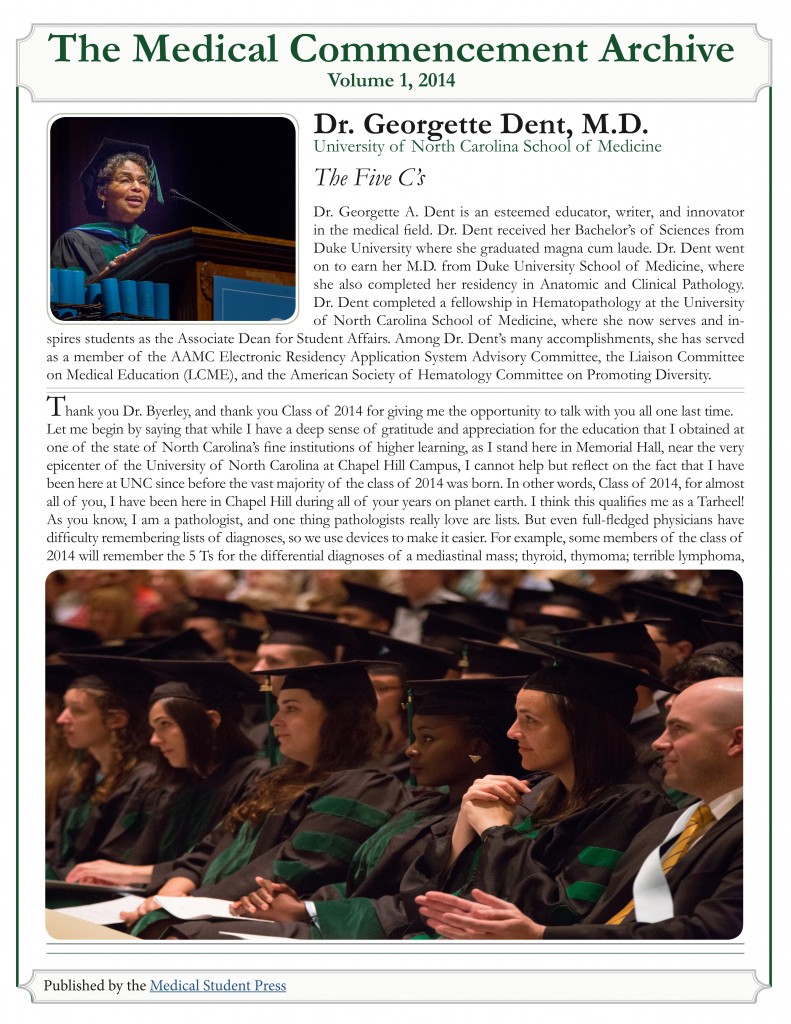“I’ve got a headache.”
“Google it.”
“OMG, it might be a brain tumor!”
Have you overheard or participated in a similar conversation?
Doctors cannot avoid Doctor Google: it makes patients happy to have a virtually unlimited amount of information just one click away, easier and faster to access than ever before. In turn, self-diagnosis annoys medical professionals.
As a medical student, I can see both points of view. Patients are often left hungry for a few more words, as the information they receive from doctors can be minimal at times. Where else should they turn for answers to their questions? Patients enjoy reading about a new diagnosis, a diagnostic test they are about to go through, or exchanging experiences with other patients online.
The information that patients access, however, often raises more questions than it answers. It takes a certain amount of background knowledge to be able to sift through all the facts and tell what is true and relevant and what is not.
Doctors do not have all the answers, but they do know how to ask the right questions. Non-medical professionals have difficulty determining what is and is not important. This makes doctor Google dangerous: lay people are lost in a sea of misinformation and frequently prioritize facts inappropriately, leading to an incorrect diagnosis. When people fancy themselves doctors, most medical professionals lose patience. Yes, Google always has answers; however, the answers are always multiple, and most patients cannot critically evaluate the information they find. This is why patients need doctors.
Does this mean that the internet is bad? Doctors and medical students use the Internet. Resisting the shift towards electronic data would be antiquated as well as pointless. Electronic resources help physicians in numerous ways. They are used, for example, to check for drug interactions, find new treatment protocols, and read about cutting-edge research.
Still, some doctors seem to fear knowledgeable patients. It is entirely possible that a patient will know more about his or her condition than a doctor. This is particularly common for patients diagnosed with rare conditions. This embarrasses some doctors. But why should it? In training, students and residents are taught that it is acceptable to tell a patient that you need to review the literature before making a treatment decision. Again, it is the ability to ask the correct questions and then find the answers that separates physicians from non-physicians.
While we should strive to provide our patients with as much information as we can, we shouldn’t limit their curiosity. In fact, directing patients to reputable web sites might be an appropriate answer to this multi-faceted dilemma.
Featured image:
Snide Google by Lucas

